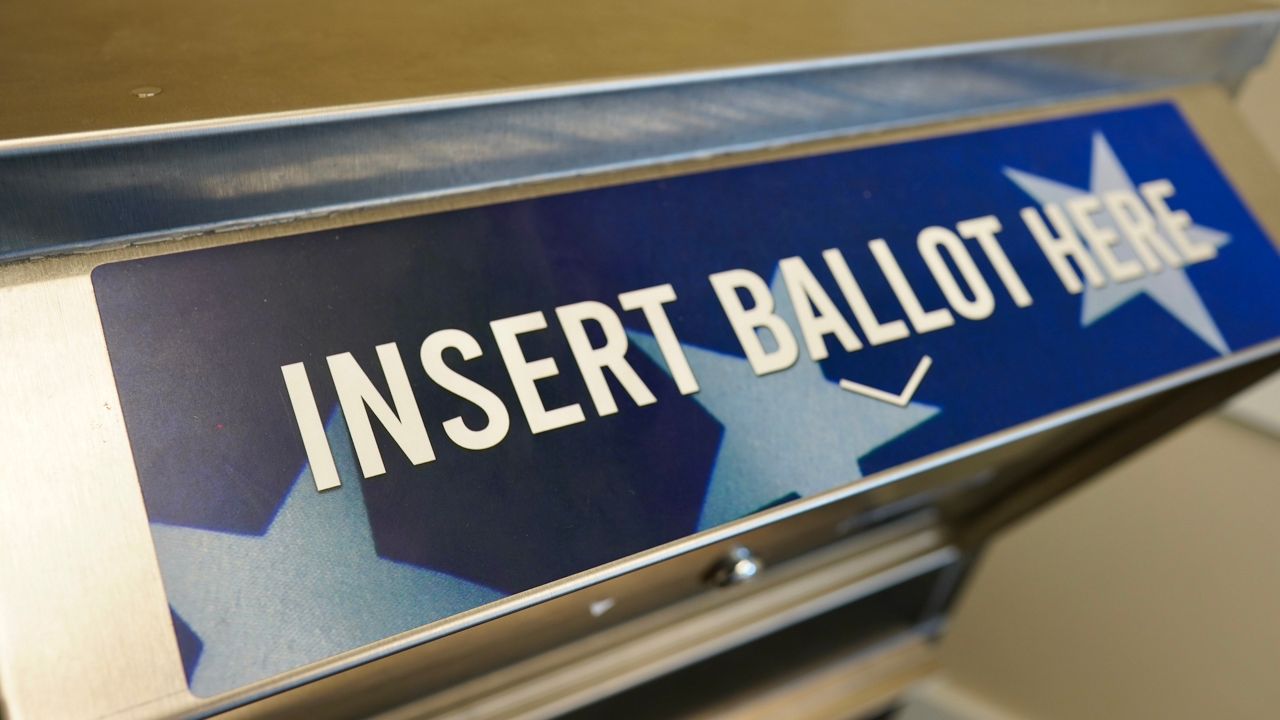COLUMBUS, Ohio — Decision 2024 is less than a month away, and a new report found election workers are facing several key challenges including a strong turnover rate, lack of support and allegations of election fraud exacerbating voter distrust in the system.
'All Voting is Local' is a nonpartisan nonprofit that partnered with Public Circle, LLC researchers to produce "An Exhaustible Resource Responding to Challenges Facing Ohio’s Election Workforce." They interviewed election officials from 20 of Ohio’s 88 counties to understand the challenges facing Ohio’s election workers and suggested what can be done to help.
"Our election officials are overworked," said Kayla Griffin-Green, Ohio director of All Voting is Local. "They have been running multiple elections, some without breaks and vacations."
Griffin-Green says the data found a high turnover rate impacting election workers.
"Ohio does a really good job of providing an election official manual that allows for staff persons to be able to reference it," Griffin-Green said. "But, it's a very, very extensive manual that they need to really know inside and out. If you're not as familiar with that, if you haven't had the trial and error previously, then that leads us open for gaps."
Griffin-green says allegations of election fraud from the top-down could be a driving factor placing pressure, scrutiny and distrust toward election workers.
"Our election officials are our neighbors," Griffin-Green said. "They are community members. They are public servants. They are often overworked and underpaid. They did not sign up to be at the center of negative press and bad PR because there is a narrative around stolen elections or anything like that."
Aaron Ockerman, executive director of the Ohio Association of Election Officials, says this report highlights to him that being an election worker can be stressful.
"I think, impressive and a really good representation of what's actually happening out in the world of election administration around the state of Ohio," Ockerman said.
The report suggests several short and long-term recommendations such as a better communication plans, expanding opportunities for public engagement, consolidating election calendars, and allowing absentee ballot requests online.
"It is 2024, and we're really used to technology," Ockerman said. "We have really good cybersecurity standards in place here in the state of Ohio that we're very proud of. So, we feel like we're ready to take that step. That would just make things cheaper, easier for election administrators, for voters."
Griffin-green pointed out other stressors that could impact election workers. For instance, the Wayne County Board of Elections was banned from utilizing a church to train election workers due to the interpretation of Ohio law.
"I think that's just kind of one example of how it can hinder our ability to just do our jobs," Ockerman said. "Which is why we do believe it should be clarified and why we do believe it should be eased just a little bit to allow us to just do things that we've always done."
Meanwhile, the report found constant changes of election laws could leave election officials constantly scrambling for clarity. A local board of election official says to run an election, 35,000 poll workers are needed. And, the goal for them is to always bring free and fair elections.
"It's important for folks to know out there that the people that work at their boards of elections," said Aaron Sellers, public information officer of the Franklin County Board of Elections. "This is very important to us to to run open, fair and honest elections. And that's what we strive for every day."
Correction: A previous version of this story misspelled Kayla Griffin-Green's name. This error has been corrected. (Oct. 23, 2024)



